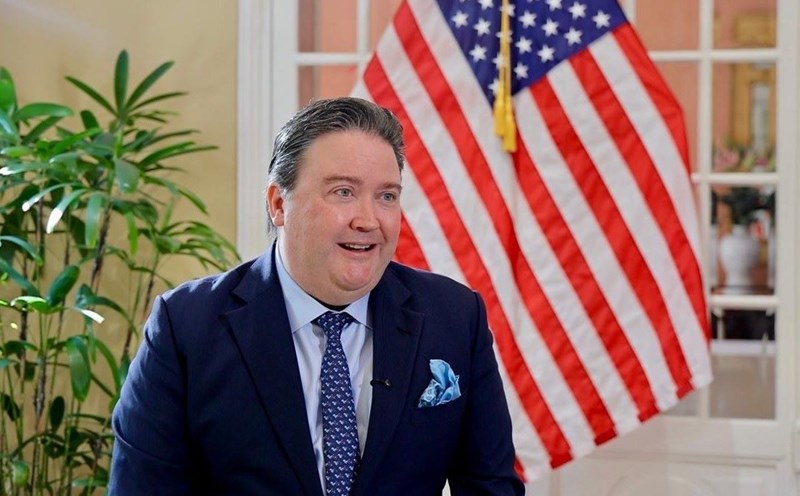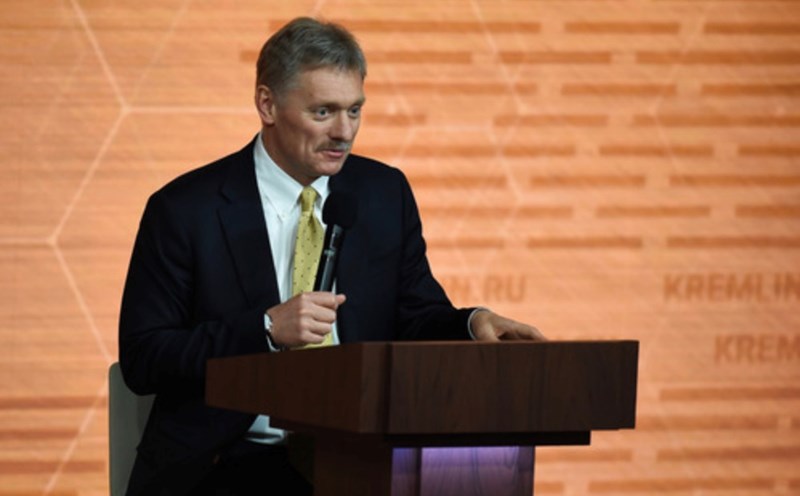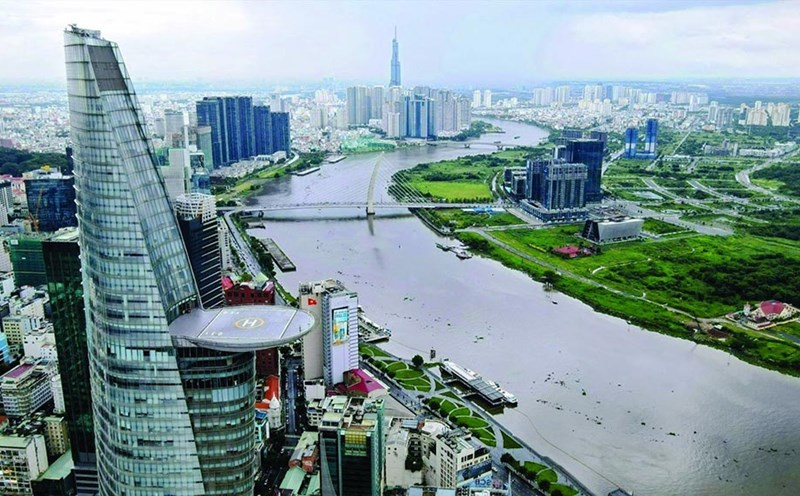The trip aims to affirm that the Indo-Pacific region remains a priority in Washington's foreign policy, despite growing concerns after President Donald Trump's tariff moves.
On July 10, Mr. Rubio will attend a meeting with the Association of Southeast Asian Nations (ASEAN) and its partners, and hold talks with senior officials of the Malaysian government. According to the US State Department, one of the focuses of the trip is to reaffirm the US commitment to the region, not only for security benefits but also for the long-term prosperity of the US.
However, the new counterpart tariffs announced by President Trump have overshadowed the trip. According to the announcement, from August 1, the US will impose tariffs on 6 ASEAN countries including: 25% on goods from Malaysia, Indonesia (32%), Thailand and Cambodia (36%), along with Laos and Myanmar (40%), in addition to the 25% tax rate for Japan and South Korea - two allies of Northeast Asia.
President Trump also heightened tensions with Australia by threatening to impose a 200% tariff on imported pharmaceuticals, prompting Canberra to urgently request more details.
In response to this development, a draft joint statement by ASEAN Foreign Ministers expressed " Concerns about rising global trade tensions and growing instability in the context of the international economy", and said that unilateral actions related to tariffs are "adversary and have the risk of aggravating global economic disruption".
Mr. Rubio is expected to discuss trade issues and reaffirm the need to rebalance US trade relations.
Security issues and transnational challenges such as crime, drugs and human trafficking were also included in the agenda. Mr Rubio's trip comes as Chinese Foreign Minister Wang Yi and his Russian counterpart Sergei Lavrov are also expected to attend the meetings, but it is unclear whether there will be any meetings between the two sides.
US Secretary of State Marco Rubio will meet Southeast Asian partners in Kuala Lumpur on his first visit to Asia since taking office.












